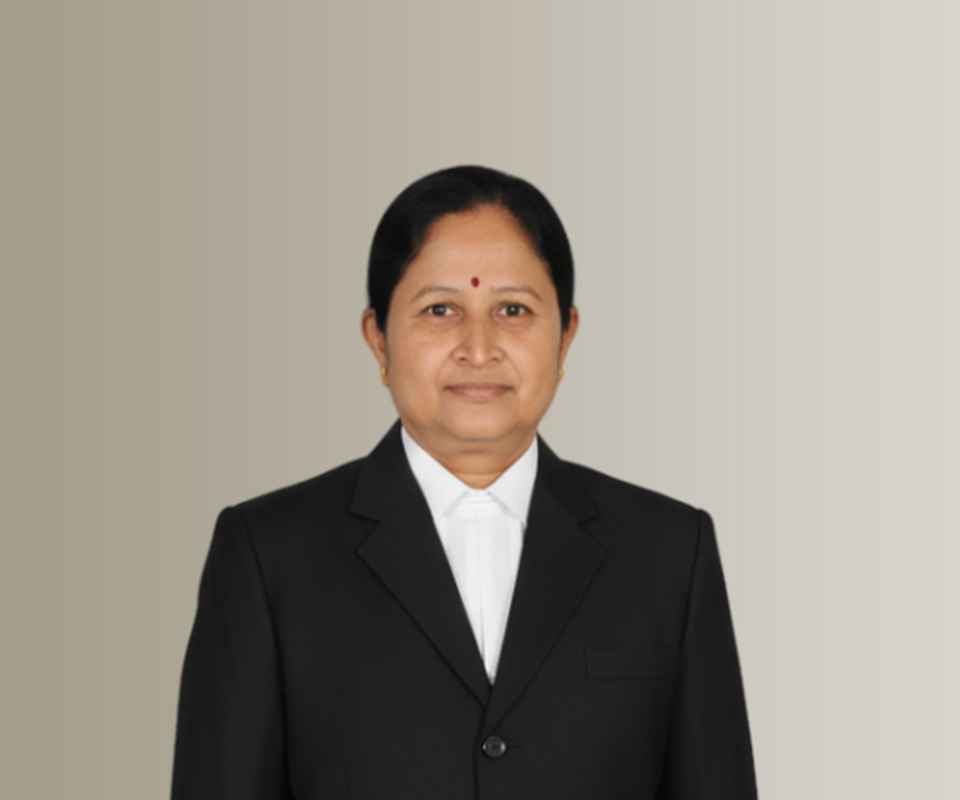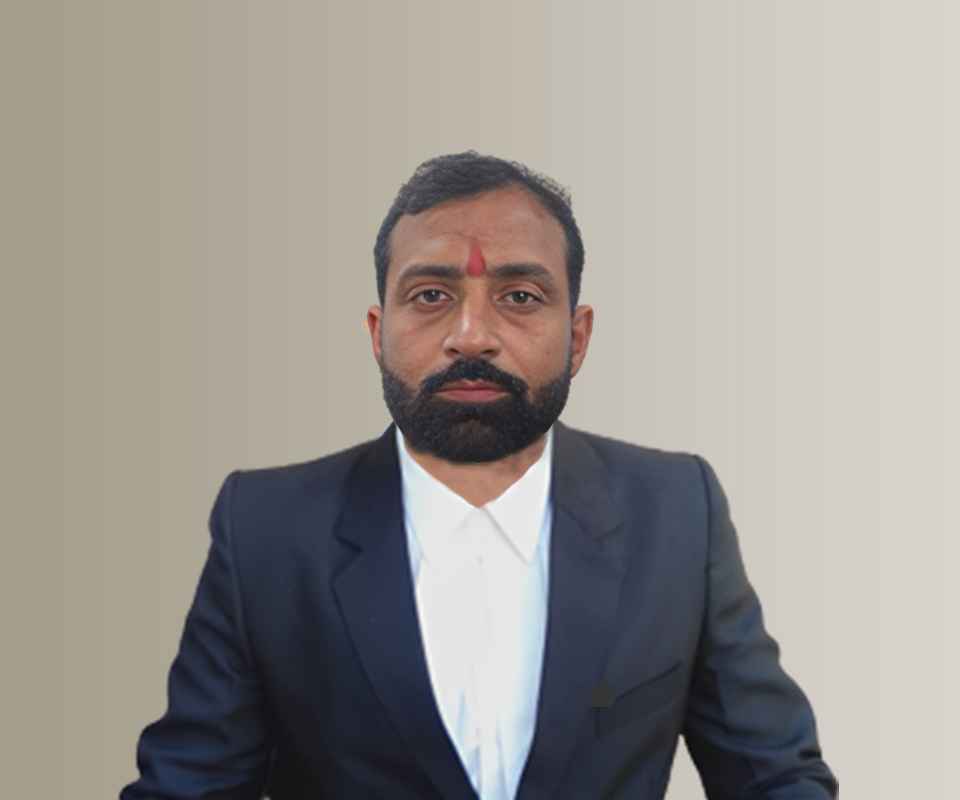Answer By law4u team
Property managers responsible for public assets in India have a range of duties and responsibilities aimed at ensuring the efficient management, maintenance, and utilization of these assets for the benefit of the public. These responsibilities may vary depending on the type of public asset and the specific mandate of the managing authority. However, some common responsibilities include: Maintenance and Upkeep: Property managers are responsible for the regular maintenance and upkeep of public assets to ensure they remain in good condition and safe for public use. This includes conducting routine inspections, addressing maintenance issues promptly, and coordinating repairs and renovations as necessary. Safety and Security: Property managers have a duty to ensure the safety and security of public assets and the individuals using them. This may involve implementing security measures such as installing surveillance cameras, lighting, and security personnel, as well as addressing safety hazards and ensuring compliance with building codes and regulations. Financial Management: Property managers are typically responsible for managing the financial aspects of public assets, including budgeting, accounting, and financial reporting. This may involve developing annual budgets, monitoring expenses, collecting revenues (if applicable), and ensuring compliance with financial regulations and procedures. Tenant and User Relations: If the public asset is leased or rented out to tenants or used by the public, property managers are responsible for managing tenant relations and addressing user concerns and complaints. This may involve enforcing lease agreements, resolving disputes, and providing customer service to users of the facility. Compliance and Regulation: Property managers must ensure that public assets comply with relevant laws, regulations, and standards governing their use and operation. This includes compliance with zoning regulations, environmental laws, building codes, and accessibility requirements, among others. Public Engagement and Communication: Property managers often play a role in engaging with the public and stakeholders to gather feedback, disseminate information, and promote community involvement in the management of public assets. This may involve organizing public meetings, conducting surveys, and maintaining communication channels with stakeholders. Long-Term Planning and Sustainability: Property managers may be involved in long-term planning efforts to ensure the sustainability and viability of public assets over time. This may include developing strategic plans, conducting feasibility studies, and implementing initiatives to improve energy efficiency, sustainability, and resilience. Legal and Risk Management: Property managers are responsible for managing legal and regulatory risks associated with public assets, including liability issues, insurance coverage, and legal compliance. This may involve working with legal counsel to address legal matters, negotiate contracts, and mitigate risks associated with the operation of public assets. Overall, property managers for public assets play a crucial role in ensuring the effective and responsible management of these assets to meet the needs of the public and fulfill the objectives of the managing authority. Their responsibilities encompass a wide range of tasks related to maintenance, safety, financial management, compliance, stakeholder engagement, and risk management.









